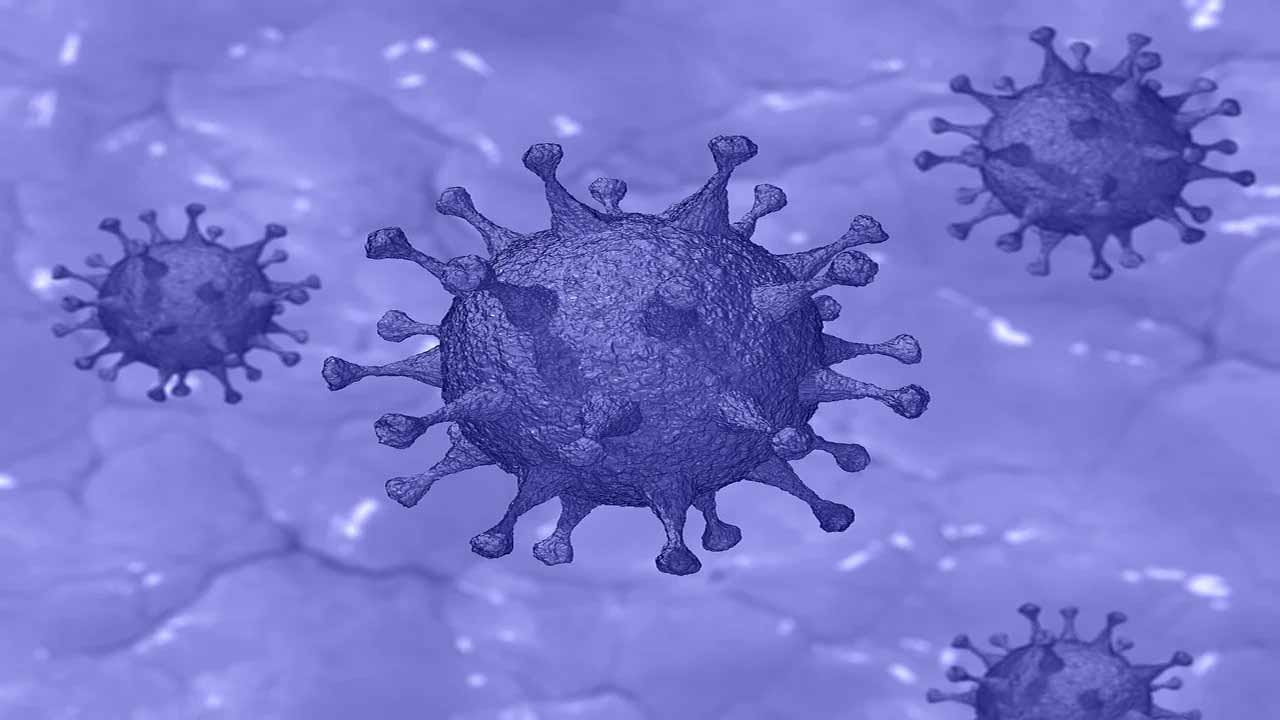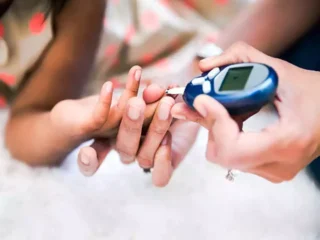Almost 30 per cent of genome sequencing data from samples of the coronavirus collected by the World Health Organization (WHO) have shown signs of mutation, a top WHO official said on Friday. However, the UN agency said that there is no evidence that it has led to more making COVID-19 a severe disease.
“I think it’s quite widespread,” Soumya Swaminathan, WHO chief scientist, was quoted as saying by Reuters.
The World Health Organisation has so far collected 60,000 samples of the COVID-19, she said.
Earlier in June, scientists had found that seven out of 27 Covid-19 diagnostic tests which are currently in use may be underperforming possibly due to the novel coronavirus mutating. They had cautioned that the effectiveness of testing methods needs to be re-evaluated.
According to the study, published in the journal Royal Society Open Science, many of the tests were developed early in the outbreak when the virus was first identified, and its genetic material was sequenced.
Meanwhile, with 22,771 people testing positive for coronavirus in a single day, the highest so far, India’s COVID-19 tally climbed to 6,48,315 on Saturday, while the death count rose to 18,655 with 442 new fatalities, according to the Union Health Ministry data.
With a steady rise, the number of recoveries stands at 3,94,226 and one patient has migrated. There are 2,35,433 active cases of coronavirus presently in the country, the updated data at 8 am showed.
“Thus, around 60.80 per cent of patients have recovered so far,” an official said. The total number of confirmed cases also include foreigners.
According to ICMR, a cumulative total of 95,40,132 samples have been tested up to July 3 with 2,42,383 samples being tested on Friday. This is the second consecutive day when coronavirus cases have increased by more than 20,000. There has been a surge of 4,57,780 COVID-19 cases from June 1 till date.







